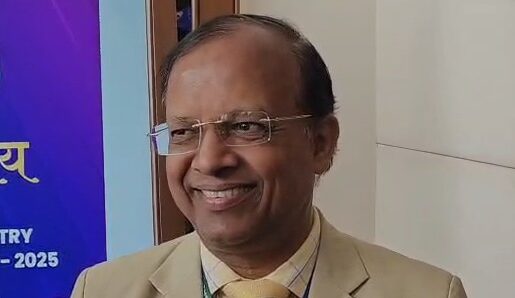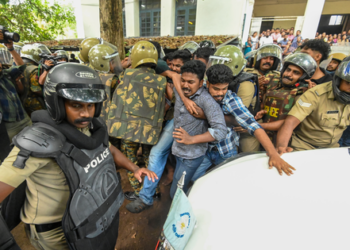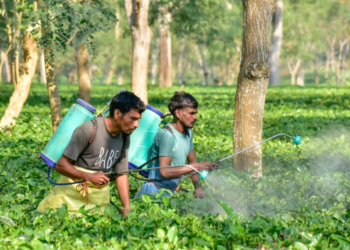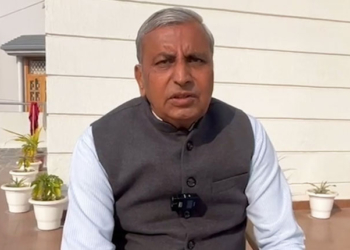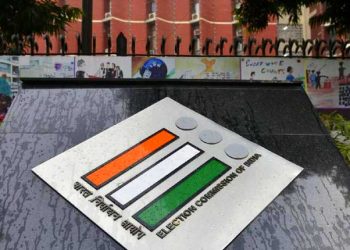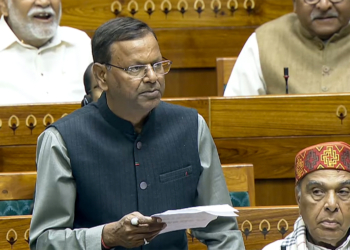New Delhi: Advancing the Gaganyaan mission, the Defence Research and Development Organization (DRDO) on Thursday said that it has developed as well as tested specialised food and parachute systems for the Gaganyatris.
Gaganyaan, India’s first human spaceflight, is scheduled to launch in 2027. The mission will carry astronauts to low Earth orbit for a three-day mission and bring them back safely to Earth.
Speaking to IANS, on the sidelines of the DRDO Industry Synergy Meet in Bengaluru, Dr B.K. Das, Director General of Electronics and Communication at DRDO, said that from developing products and technologies for the armed forces, the premier institute has also spread its wings into the space domain with ISRO.
“There are a lot of activities happening on the Gaganyaan mission at DRDO. We have developed specialised food required for the mission and specialised systems for parachutes. We have also got specialised technologies for astronauts who can be dependent on our own systems, products,” Das said.
He noted that the DRDO is ensuring dual use of technologies developed for the armed forces, for the ISRO programmes.
“Many of the technologies have been developed, tested, and have been collaborated with the ISRO,” Das said.
He also noted that phase one and phase two tests of the technologies developed, conducted both in laboratories and in external environments, have produced “very good results”.
“I think both ISRO and the DRDO have got a good satisfaction level from the tests,” he said, adding that “still some more work is left”, and it should be completed soon.
“Be sure there is a part of the DRDO in the Gaganyaan programme, and we will be happy to contribute much more to the ISRO programme,” Das told IANS.
Earlier this week, ISRO chief Dr V Narayanan also spoke about the Gaganyaan mission, the progress made under the country’s first human spaceflight mission.
Narayanan highlighted that the development work for the Gaganyaan Mission is nearing completion, “with about 85 to 90 per cent of subsystem-level activities finalised”.
“We are now conducting integrated tests and software validation. Three uncrewed missions will be launched before the crewed flight to ensure full safety and system reliability,” the ISRO Chief told IANS.
(IANS)




